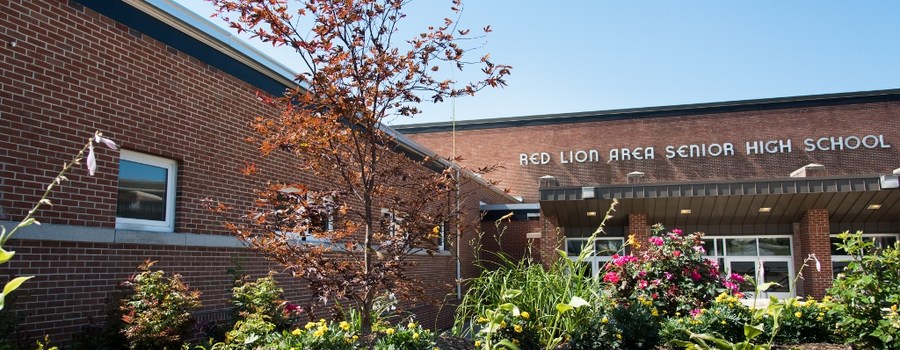Though Operation Smile’s doctors hailed from across the Western world, Amreeka would go back to Iraq and say that Americans had fixed her daughter’s cleft lip. In the Bedouin tribes, disability may be seen as a family’s punishment from God for some sin, tarnishing the reputations of whole extended families. This surgery meant that not only Amreeka’s daughter, but her sisters and her girl cousins would have better marriage prospects, that Amreeka and her husband might look forward in their later years to the support of a more successful son-in-law.
That is, if there were enough hale and whole young men remaining for her daughters to marry, and if those young men lived into Amreeka’s later years. If Amreeka lived into her own later years. With American soldiers’ fingers nervous on the trigger, and desperate Iraqis perpetrating their own violence, Amreeka’s future and her daughters’ futures were far from certain or rosy.
"The Peace of Iraq's Mothers" has been reprinted in the 2017 Edition, "Refugees and the Displaced," of DoveTales, a publication for young people by Writing for Peace.
If there is to be peace in this world, I believe strongly that doctors and youth will play important roles in it. Indeed, they are our best ambassadors for a more loving, interconnected, prosperous global future.
I found this publishing opportunity through the Duotrope Weekly Wire email.



